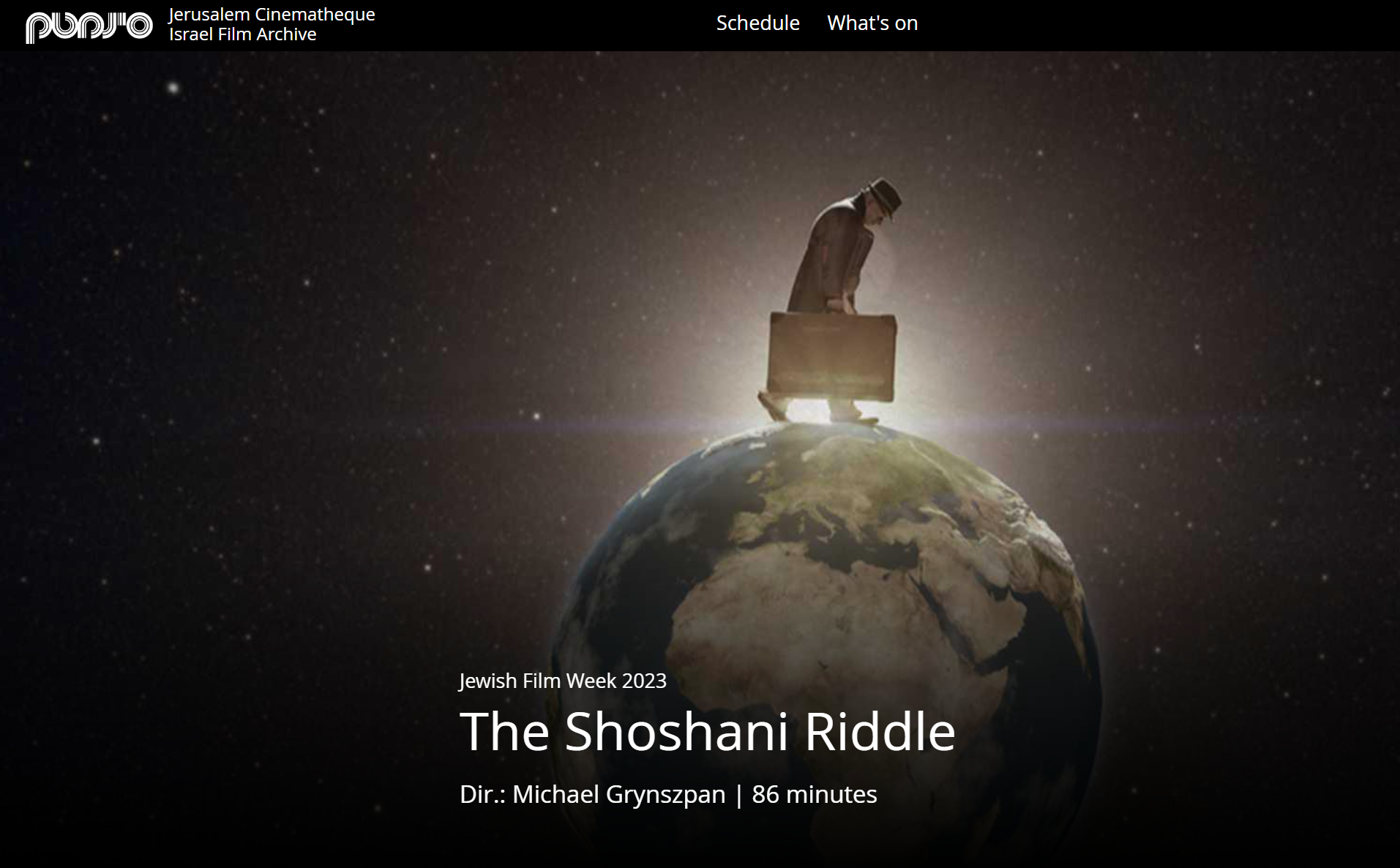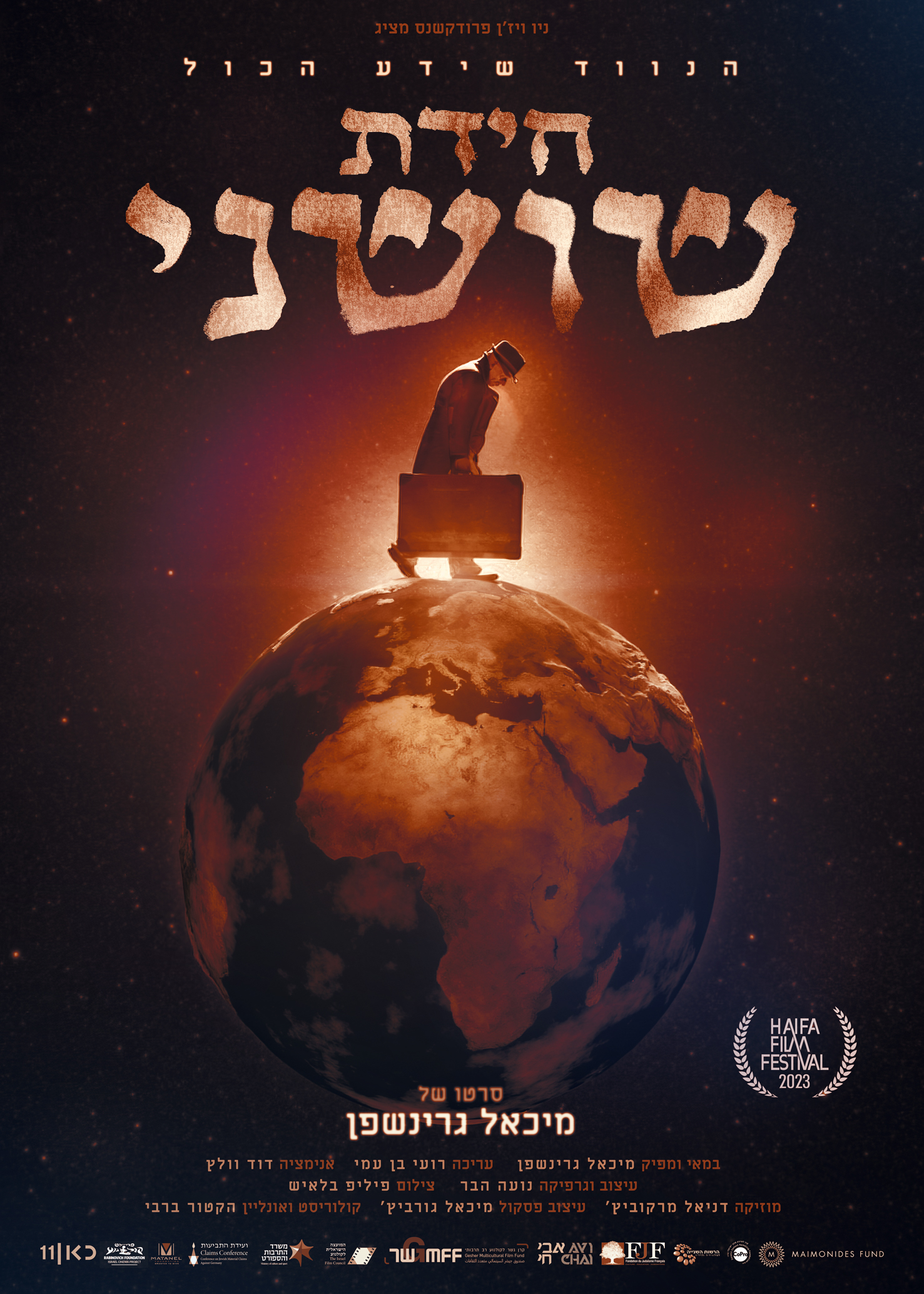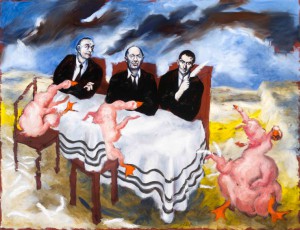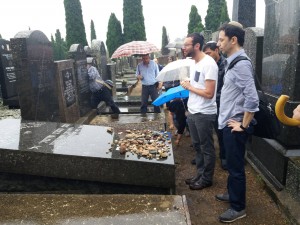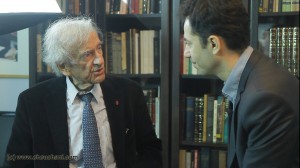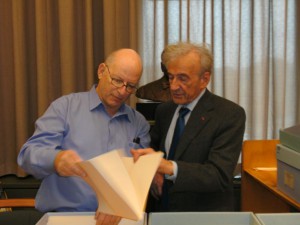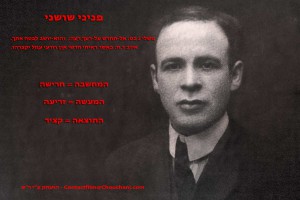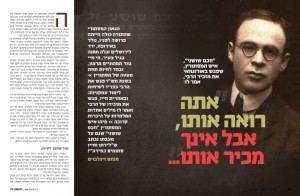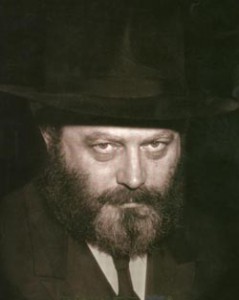יעקב גולדברג מדבר על שיטת הלימוד של מר שושני
לזכרו של פרופ’ יעקב גולדברג ז”ל, פרופסור לפיזיקה בטכניון ותלמיד מובהק של מר שושני במשך שנים רבות, הנה קטע קצר מתוך הראיון שלו. לצערי פרופ’ גולדברג נפטר לפני שהסרט “חידת שושני” יצא.
יצא לנו לשוחח הרבה בטלפון על מורו מר שושני: הוא כעס במיוחד כשיצאו מאמרים שעסקו ב”שם האמיתי” של שושני. כפי שרואים בסרט, הוא אמר על ניסיונות האלה “זה חולני”. הוא פשוט כיבד את הרצון של מורו לא לחשוף את השם השלו וגם חשב שזה רדוד ולא מעניין בכלל.
בעתיד אעלה עוד קטעים מהראיון של פרופ’ גולדברג ז.ל.
